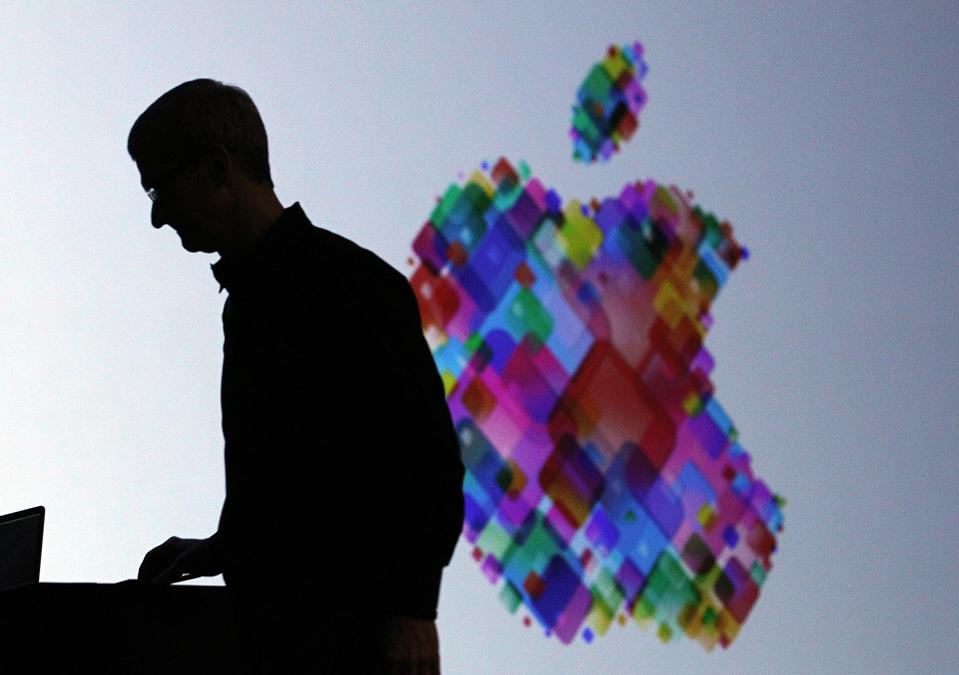On April 30, 2025, Apple faced a seismic legal setback when U.S. District Judge Yvonne Gonzalez Rogers ruled that the tech giant could no longer impose its notorious “Apple Tax” on developers who direct users to external payment systems. This monumental decision, emerging from the long-fought Epic Games v. Apple battle, significantly shifts power dynamics in digital marketplaces, emboldening developers who have long criticized Apple’s 27% commission as unjustified and anti-competitive.
Spotify’s initial pushback in 2019 against Apple’s policies, often dismissed by Apple as self-serving and mislead, turned out to be prophetic. Far from just “sour grapes,” Spotify had identified a fundamental issue: Apple was simultaneously competitor and gatekeeper, distorting competition by levying hefty fees on rivals. This ruling confirms what developers have argued for years—that Apple’s restrictive policies suppress innovation rather than protect consumers.
Global Regulation Catches Up
The latest U.S. court ruling is far from an isolated setback to Apple. It’s part of a global wave of regulatory scrutiny challenging the dominance of large tech platforms. South Korea led the way in 2022, mandating Apple and Google to allow third-party payment methods in mobile apps. Europe amplified this momentum with the Digital Markets Act (DMA), which took effect in 2024, explicitly classifying Apple as a “gatekeeper” and compelling it to open its platform to alternative app stores, sideloading, and third-party payments.
Such international regulatory alignment signals the end of an era for Apple, whose business model thrived precisely because of fragmented global policies. Apple adeptly leveraged differences between jurisdictions to maintain strict control over its ecosystem, extracting billions in revenue. But regulators worldwide are now converging around the principle that platform control should not equate to monopolistic gatekeeping.
China: Apple’s Last Fortress?
China stands as one of Apple’s largest and most lucrative markets, generating approximately 48 billion RMB (around $6.6 billion) from App Store fees alone in 2023. Yet, paradoxically, China endures the harshest implementation of Apple’s restrictions—no sideloading, no alternative payments, and the unwavering 30% commission.
Tensions peaked in 2024 when Apple threatened to remove hugely popular apps like WeChat and Douyin for bypassing its payment system, sparking widespread outrage across Chinese social media. By early 2025, Beijing responded decisively, summoning Apple for discussions—a significant development indicating the Chinese government may no longer tolerate Apple’s inflexible policies.
Tim Cook’s frequent diplomatic visits to China, over 20 since 1996, with four just last year, highlight how crucial China is to Apple’s strategy. His careful cultivation of relationships insulated Apple from much of the regulatory pressure other U.S. tech giants have faced there. But this protective layer appears thinner than ever.
As judge Yvonne Gonzalez Rogers writes that finance VP Alex Roman’s testimony was ‘replete with misdirection and outright lies’ on the question of ‘when’ Apple decided to impose a 27% commission on outbound transactions. Apparently, Apple angered the US judge and the regulation behind it. It’s also a wake-up call for other national regulators around the world who have trusted Apple.
As the global consensus against Apple’s policies solidifies, China could soon pivot from being Apple’s most compliant market to its biggest regulatory headache.
The Unraveling of Apple’s Global Strategy
Apple’s business model has depended on carefully navigating geopolitical landscapes. By positioning itself as a key economic player in both the U.S. and China, Apple avoided meaningful scrutiny for years. However, the April 2025 U.S. ruling and similar regulations in Europe and South Korea have disrupted this delicate balance.
The DMA represents nothing short of a regime change. Europe’s classification of Apple as a “gatekeeper” carries significant weight, enforcing substantial penalties—up to 10% of global revenue—for non-compliance. This legal landscape leaves Apple little room to maneuver. No longer can it claim the protective mantle of user security or experience as justification for its stringent controls.
The End of a Rent-Seeking Era
Initially, Apple’s rigorous controls were defensible. The nascent App Store provided a secure and standardized experience in a burgeoning market. Over time, however, what began as protection evolved into profit extraction. The App Store morphed into a digital toll booth, where developers faced a stark choice: pay hefty commissions or lose access to Apple’s vast user base.
This transformation from innovation facilitator to rent-seeker has become increasingly transparent. The recent legal and regulatory actions signify a broader shift in perception among policymakers, developers, and consumers. Apple’s defenses—privacy, security, and user experience—are losing credibility as regulators recognize these arguments often mask monopolistic tendencies rather than genuine consumer protection.
What Comes Next?
Apple’s grip won’t vanish overnight. Its App Store remains incredibly profitable, deeply integrated into billions of devices worldwide. However, the assumptions underpinning Apple’s dominance—primarily that no one could successfully challenge its practices—are fundamentally undermined.
With major markets like the U.S., EU, South Korea and Japan already enforcing changes, and China signaling potential moves, Apple faces unprecedented pressure. The question now isn’t whether Apple will adapt, but how quickly and how drastically it must change. This moment represents not merely a loss of commissions but a broader power shift, determining who controls digital infrastructure and who profits from it.
Apple’s resistance will likely continue, driven by financial imperative and institutional inertia. Yet, the writing is on the wall. Developers globally, encouraged by recent successes, are increasingly vocal, challenging Apple’s narratives about safety and quality control. Regulators are emboldened, no longer willing to allow unchecked corporate control over digital marketplaces.
Ultimately, Apple’s infamous “tax” on developers appears unsustainable. As global regulatory landscapes align against monopolistic behaviors, Apple must reconsider its business strategies fundamentally. The era of unchecked digital toll gates is ending, leaving Apple with fewer safe havens to enforce its stringent policies. The “Apple Tax” is running out of places to hide.

